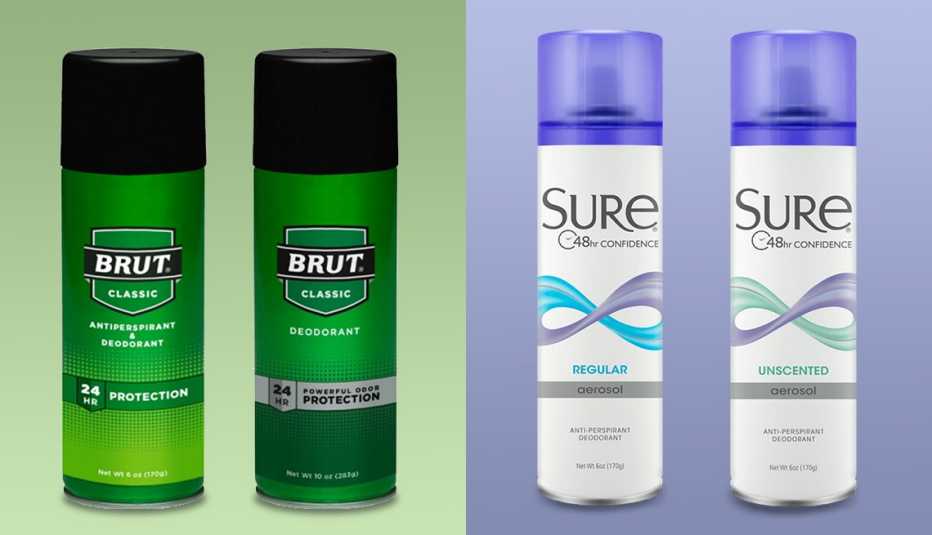AARP Hearing Center
Unilever has voluntarily recalled over a dozen of its aerosol dry shampoos sold under six brands after discovering trace amounts of benzene, a cancer-causing chemical, in the spray’s propellant.
The recalled products were manufactured before October 2021, the Food and Drug Administration announced. They include various dry shampoos sold under these brands:
- Dove
- Nexxus
- Suave
- TRESemmé
- Bed Head
- Rockaholic
A full list is available here.
Unilever has not received any reports of illness connected to these products, but the company recalled the dry shampoos out of an abundance of caution, the FDA said.
An independent health hazard evaluation determined that daily exposure to benzene in the products recalled at the levels detected would not be expected to cause adverse health consequences.
Consumers should stop using the affected dry shampoos and visit UnileverRecall.com for instructions on how to receive a reimbursement. Other questions should be posed to Unilever by calling 877-270-7412, Monday through Friday from 8:30 a.m. to 9 p.m. ET.
What is benzene?
Benzene is a colorless or light-yellow liquid at room temperature that evaporates quickly into the air. Low levels of the chemical may be present in outside air from tobacco smoke, gas stations, vehicle exhaust and industrial emissions. But there are generally higher levels of benzene in indoor environments from products such as glue, paint, furniture wax and detergents. The chemical also occurs naturally in the environment, according to the Centers for Disease Control and Prevention.
Benzene can enter the body through inhalation, oral ingestion or absorption through the skin. Those who inhale high levels of benzene may develop the following signs and symptoms within minutes or hours:
- Drowsiness
- Dizziness
- Rapid or irregular heartbeat
- Headaches
- Tremors
- Confusion
- Unconsciousness
- Death (at very high levels)
Anyone who experiences symptoms of benzene poisoning is advised to go to a hospital as soon as possible.
Long-term health effects from benzene exposure can include harm to the bone marrow and a decreased red blood cell count, leading to anemia. Women who inhale high levels of the toxin may develop irregular periods and shrink the size of their ovaries.
Exposure to high levels of benzene in the air, over a year or longer, can cause leukemia and cancer of the blood-forming organs.







































































